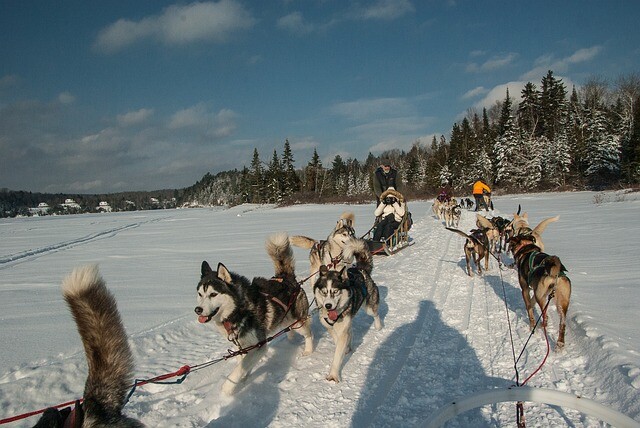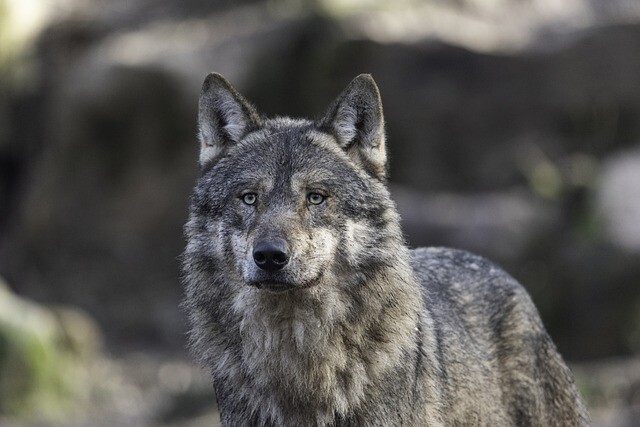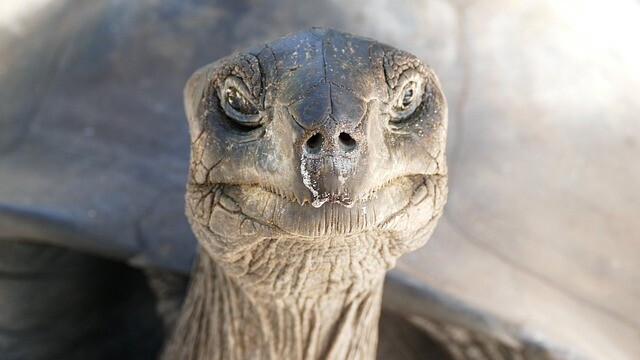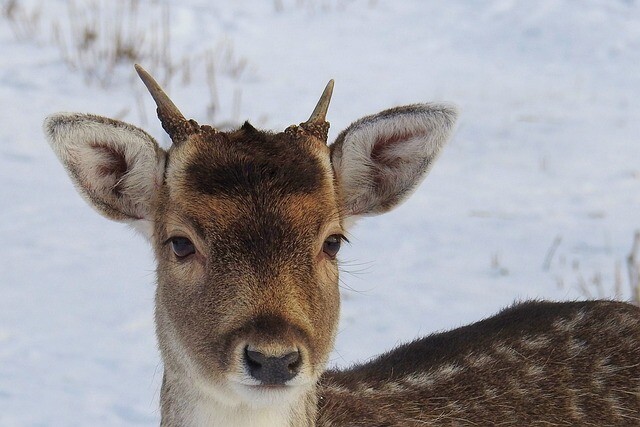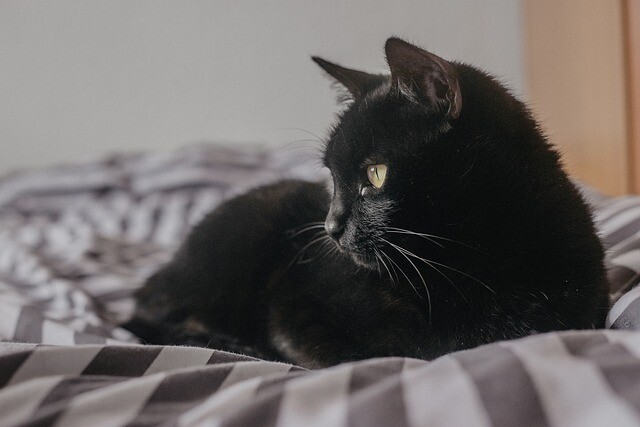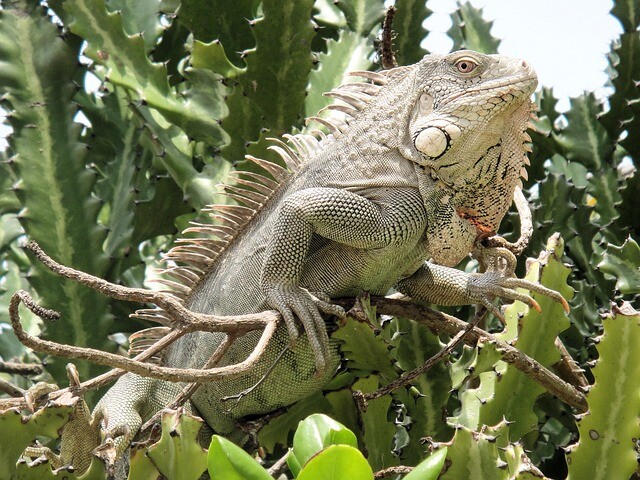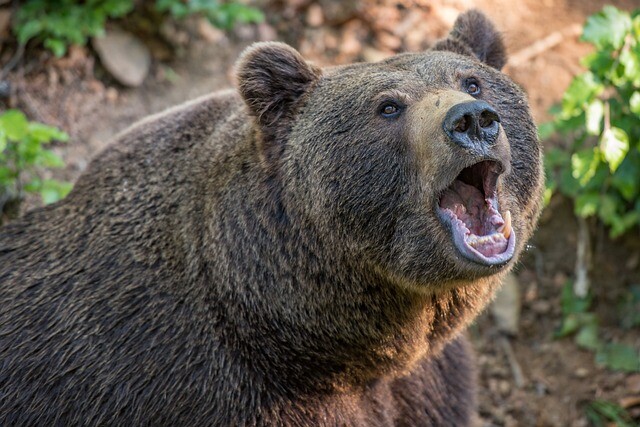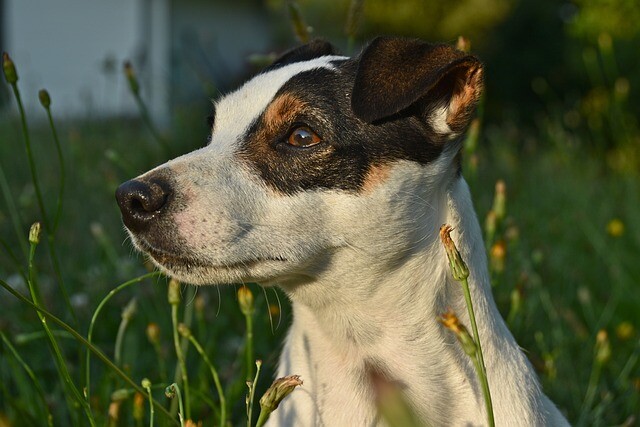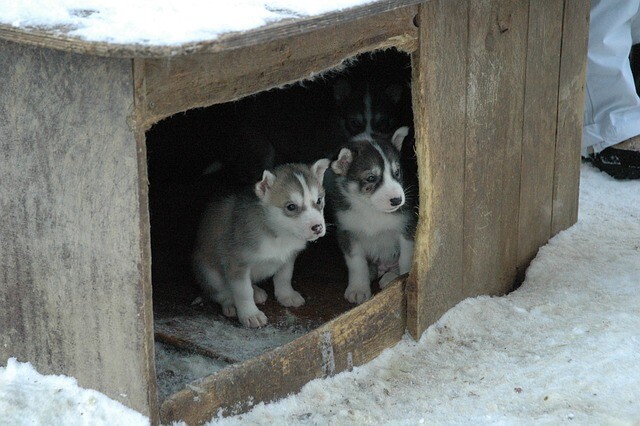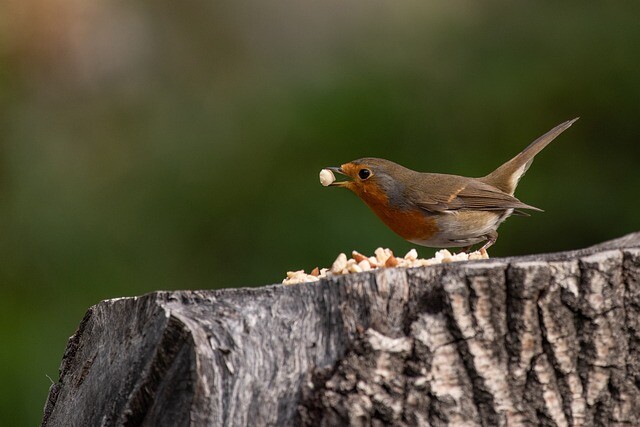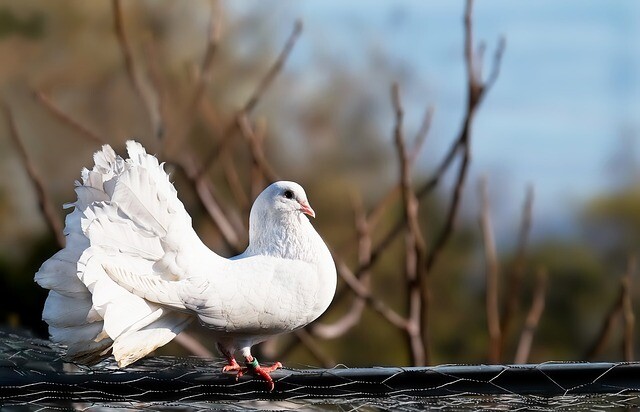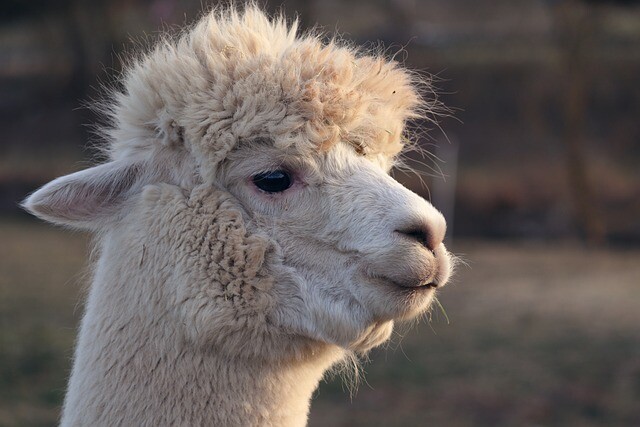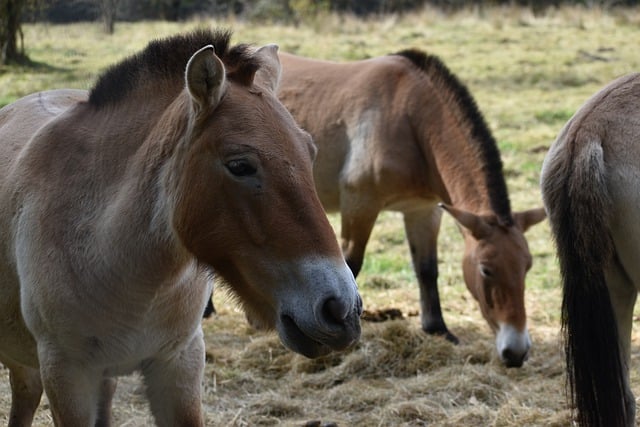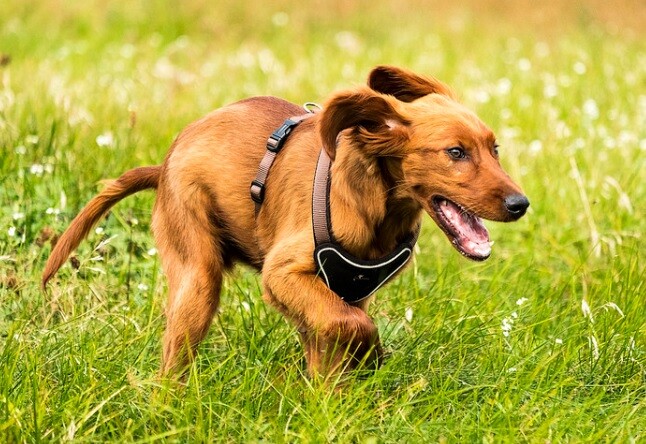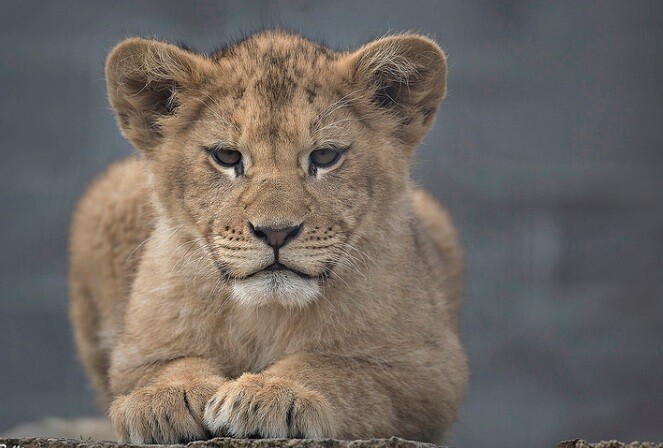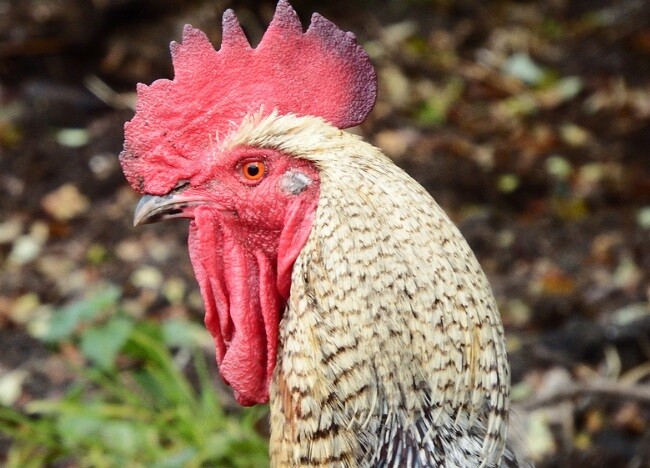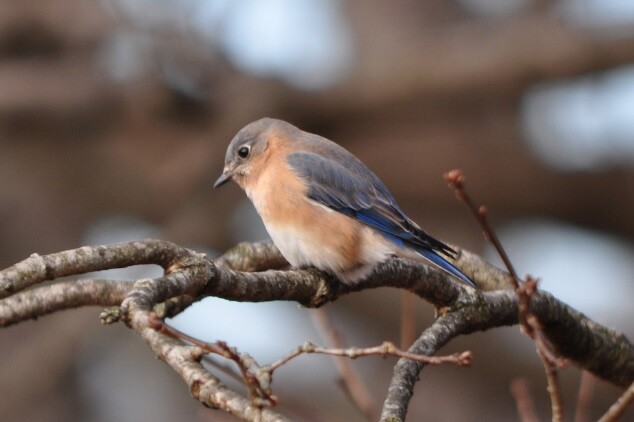The beginning of the best friendship
We know that for thousands of years, a man has tamed and domesticated the dog. But how?
According to the current state of science, the peoples living in Eurasia started to look for wolves living there 10-14 thousand years ago in a way that they became increasingly accustomed to wild animals, that is, wild animals became more and more guarantor. Domesticization began.
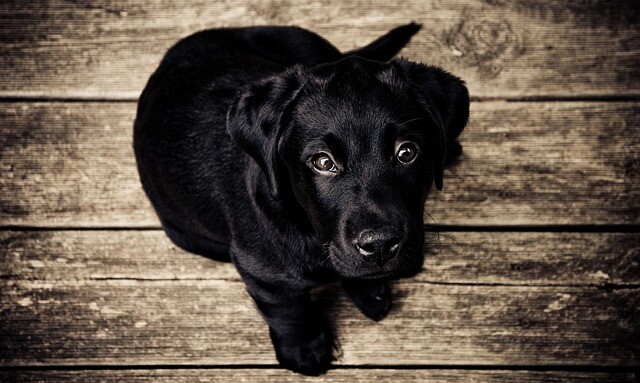
They have been studying the domestication of dogs for a long time. Recently, a number of animals have been subjected to DN testing. The stray, rather pure purebred animals are present in every country and continent. A part of the dog stock is made up of these animals. Then, of course, purebred dogs from breeders have to be counted, and the genetic stock of them already includes man. The third group is wolves. The research also covered a genetic stock of a found dog that had been buried for about five thousand years.
After the study, it turned out that genetic change also involved animal behavior and brain function. Of course, there were changes in the physical characteristics of wolves during their domesticization. It also assumes that the wolves to be tamed by our ancestors had a terrific predatory appearance, but with a lovable and increasingly friendly character.
For more details, please visit our Facebook page!
Pixabay.com (Images are illustrations)

